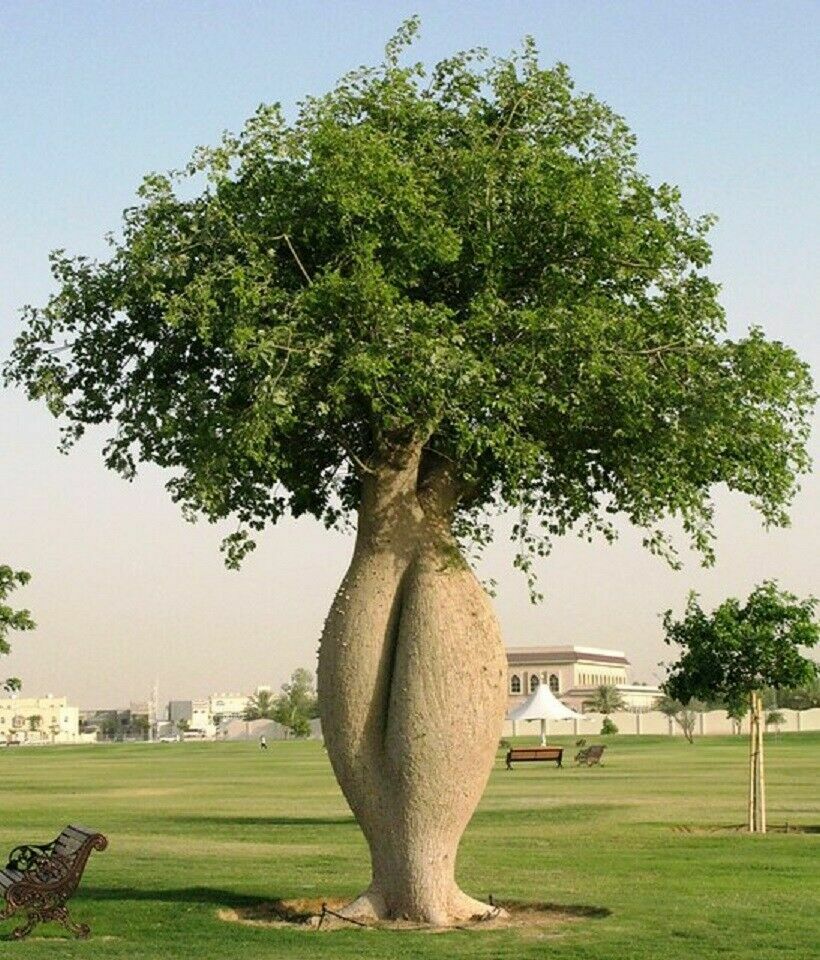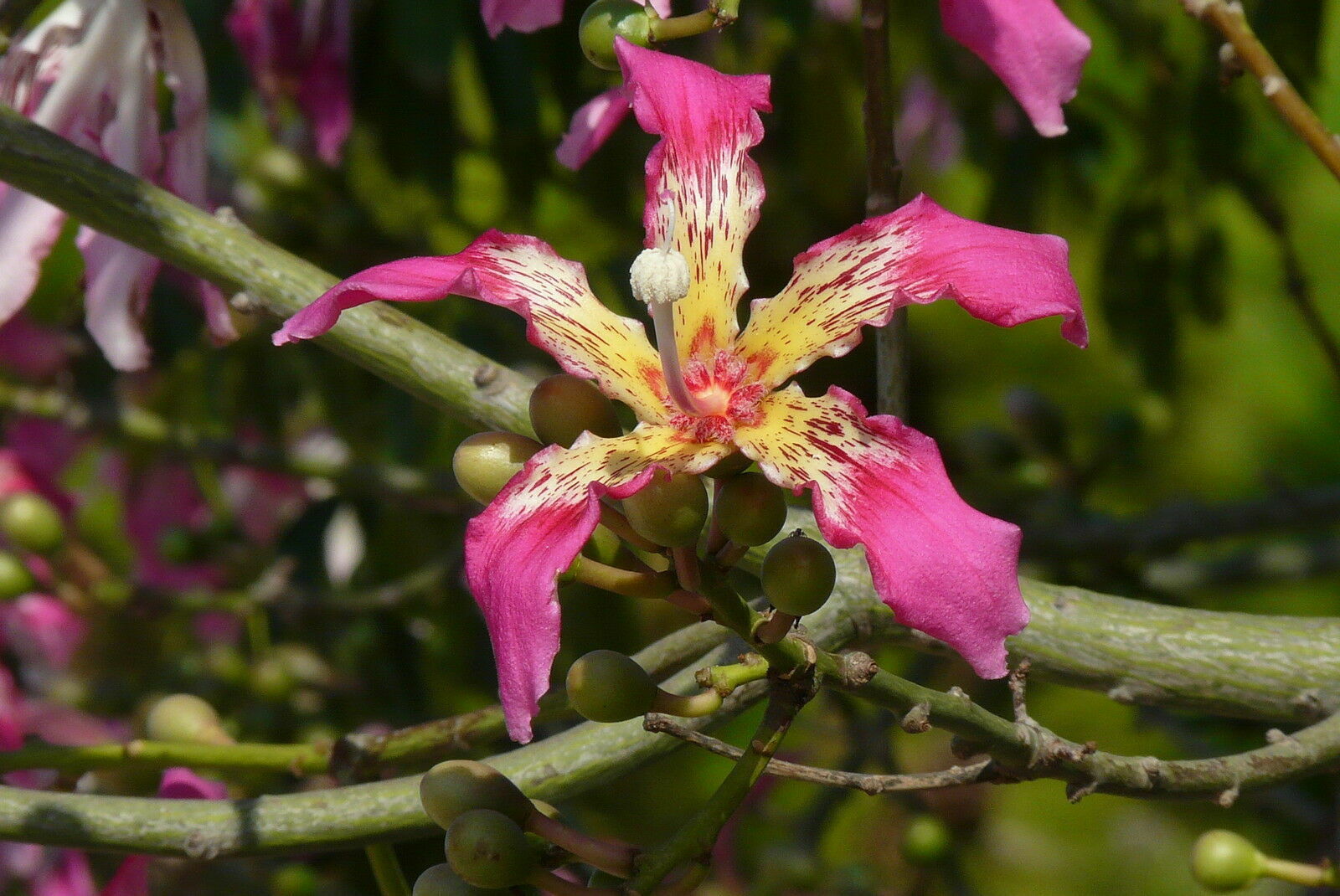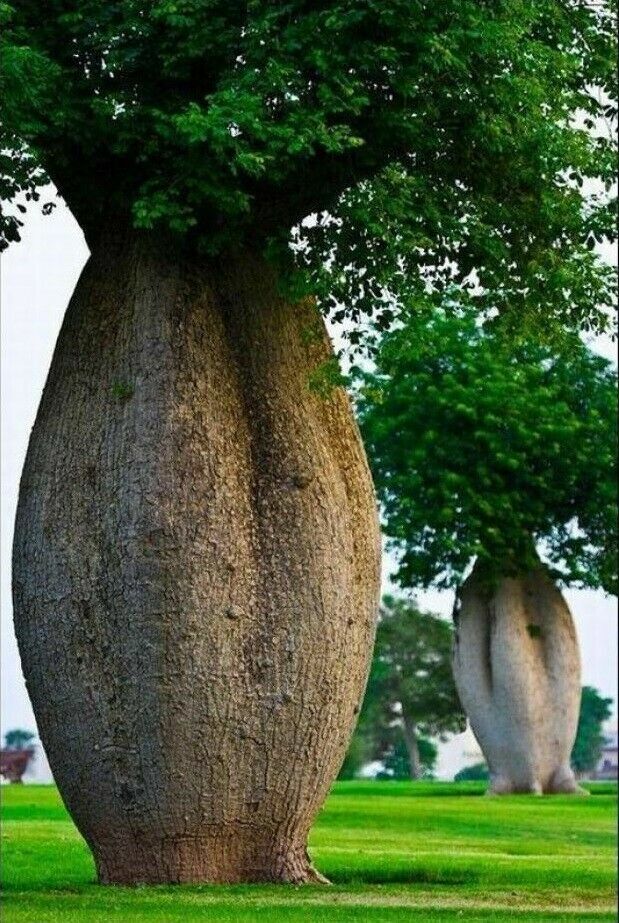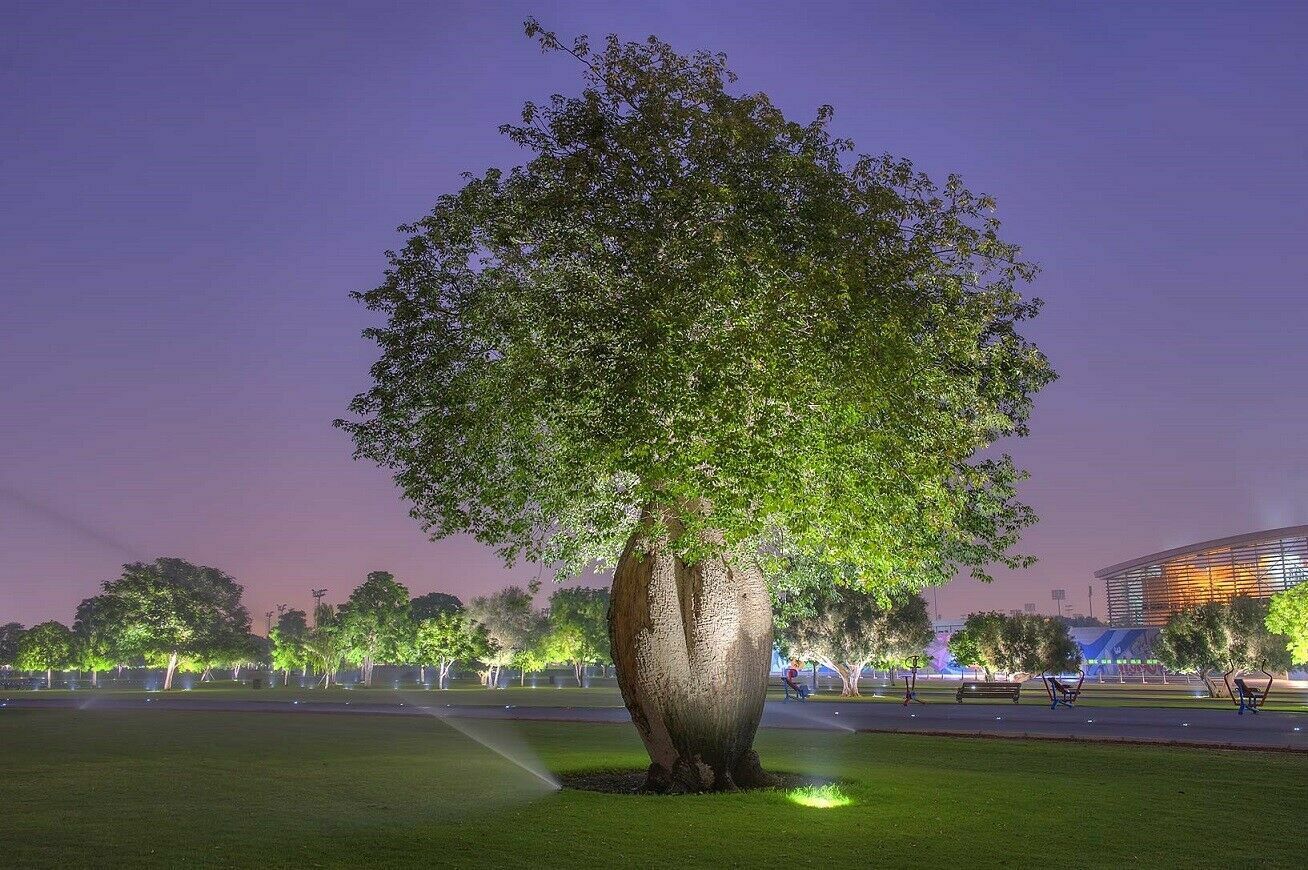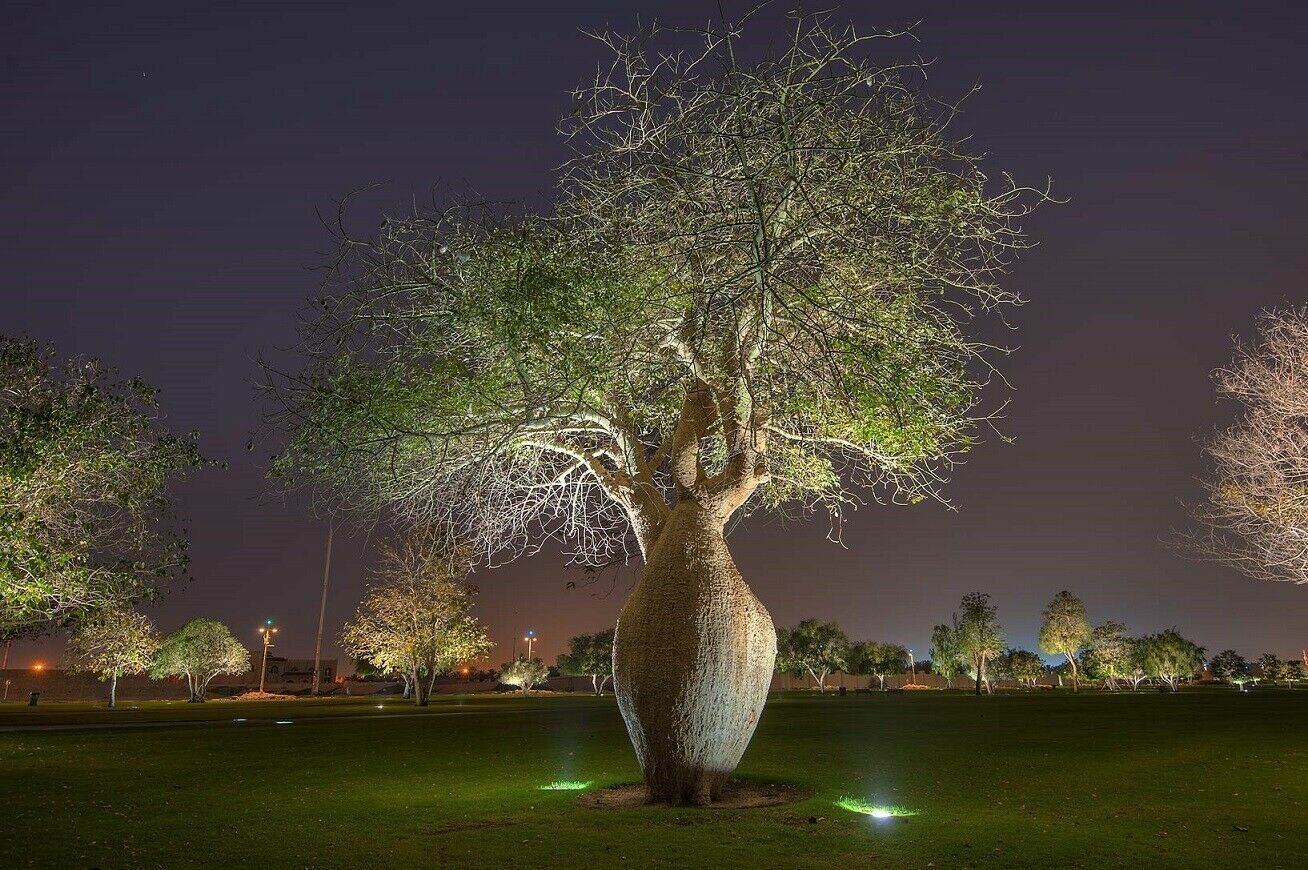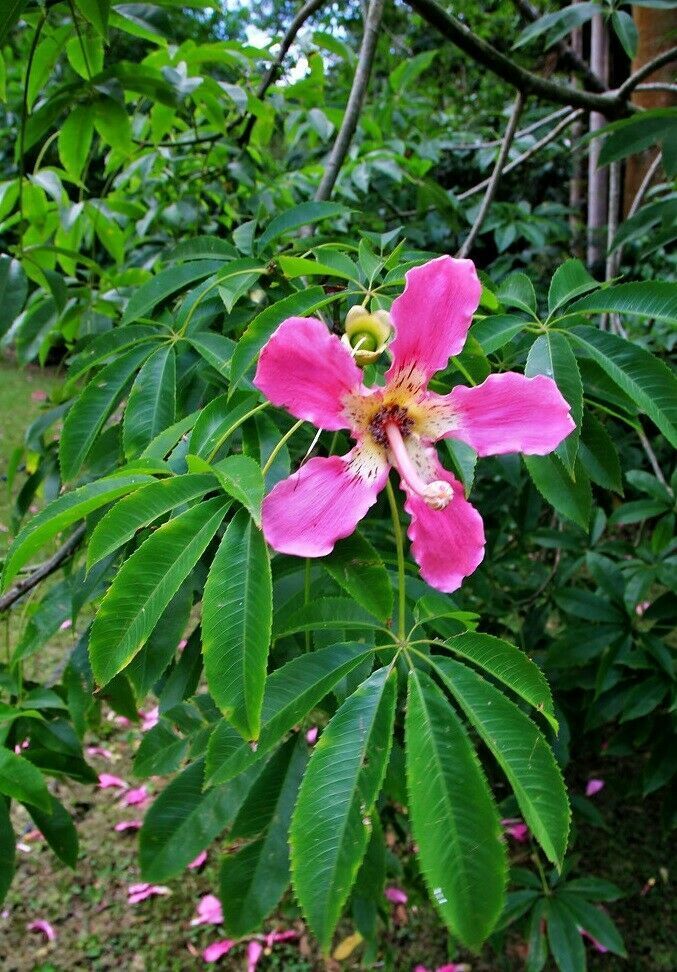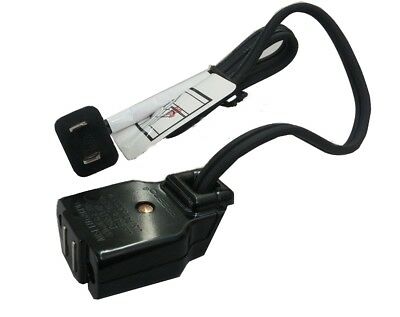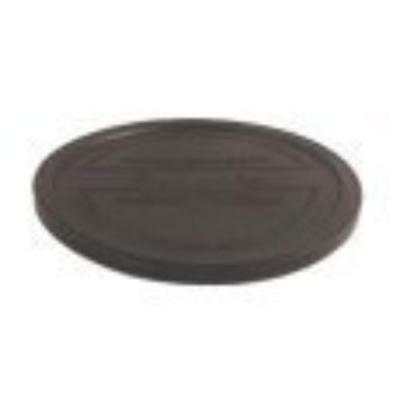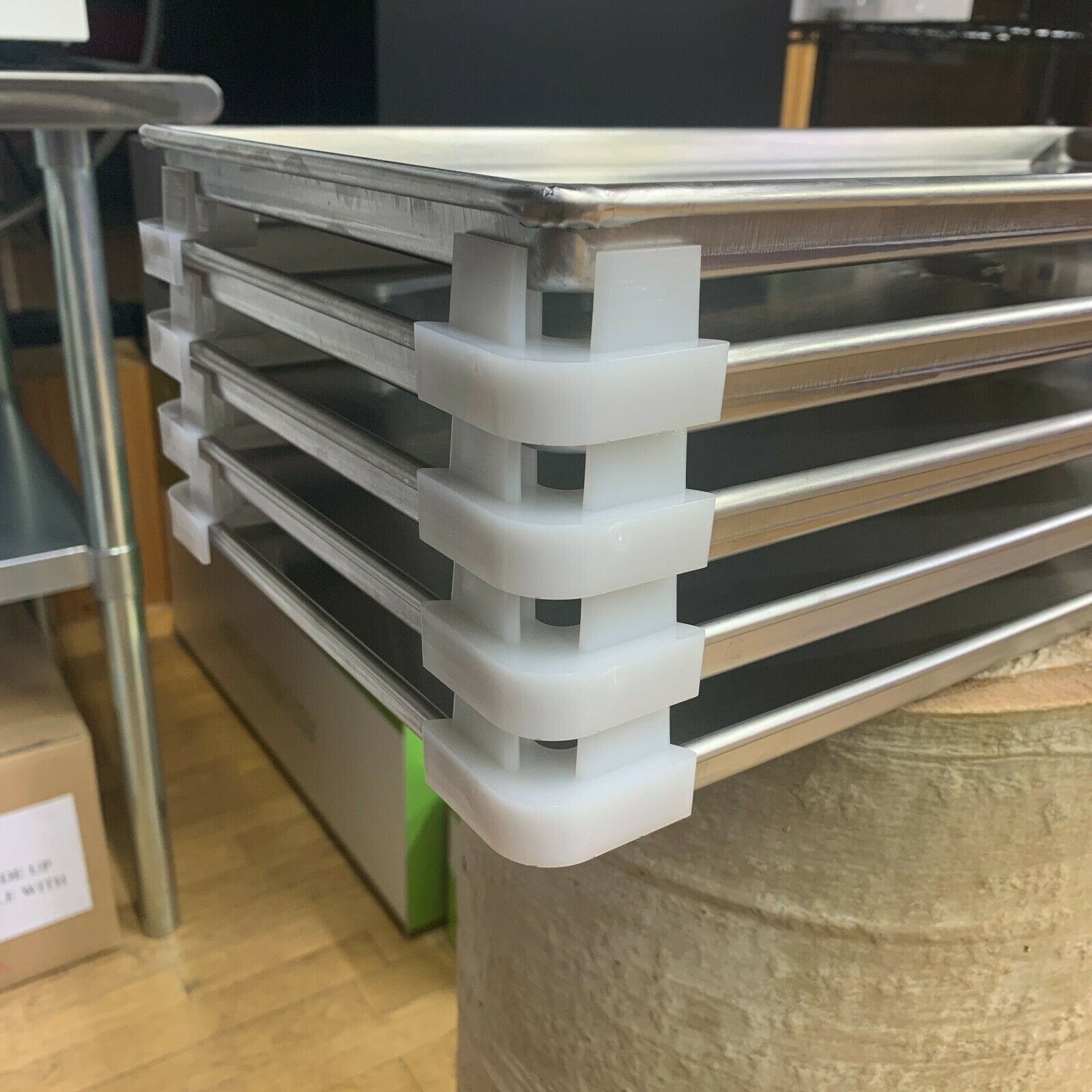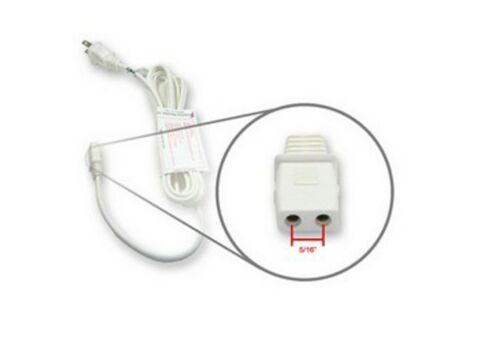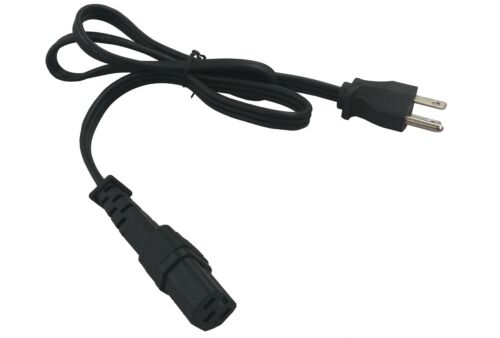-40%
Ceiba speciosa - Bottle tree - 10 Seeds
$ 3.68
- Description
- Size Guide
Description
Ceiba speciosa( 10 Seeds )
Botanical Nomenclature: Ceiba speciosa, Chorisia speciosa
Common name: Kapok tree, Bottle tree
Family: Malvaceae
Port: Height 3 m maximum in pot, 10/12 m in soft outdoors.
Flowers: Splendid pink and white flowers.
This original and highly exotic tree is ideal for quickly creating a tropical effect among your plants. He will not fail to attract comments with his green trunk with large round spines and beautiful white and pink flowers covering almost bare branches. A tree with many advantages whose decorative use is its main interest.
Ceiba speciosa (formerly Chorisia speciosa), also known as a tree-bottle, is able to grow in a temperate zone during mild winters. In the region of Bormes-les-Mimosas, some beautiful subjects flourish in nature. An adult tree is indeed able to withstand gels of the order of -5 ° C, even if the foliage is damaged from -1 ° C. In its natural habitat, it easily reaches a height of 30 m, but in culture it will have a dwarfed port due to the diameter of its pot, limiting its growth to plus or minus 3 m. In open ground, in mild climate, it can reach 10 to 12 m.
It is a semi-evergreen deciduous foliage, fast growing and slender at first, then slower when it becomes massive. Considered a succulent, long classified in the family of baobabs (Bombaceae), it is now part of the family of Malvaceae as hibiscus.
Its pale green leaves, alternate and webbed, are composed of 5 to 7 lanceolate leaflets, slightly toothed, 10 to 12 cm long petiolate. The solitary flowers measure about ten centimeters in diameter. They have 5 stellate petals on a staminal tube long style, are pink to red with a white heart stained brown in the center. They grow in the axils of the leaves in early spring.
The fruits, inedible, are pear-shaped green, pendulous, similar to avocados. They measure 20 cm long. As it matures, the inside of the fruit is surrounded by a brown envelope containing the seeds protected by white silky fibers, as for baobab seeds.
This tree likes all types of deep and well-drained soil, rather acidic and humus. A very bright exposure is essential if it is grown indoors.
In the open ground, be careful to reserve for him a place as pleasant as possible, without wind and sheltered from the cold.
